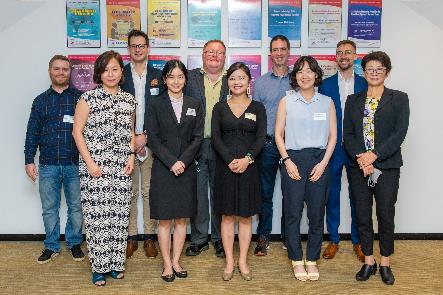

A Nuclear 3S (Safety, Security, and Safeguards) Assessment for Small Modular Reactors in East Asia” was the subject of an RSIS Seminar organised by the Centre for Non-Traditional Security Studies (NTS Centre). Dr Jorshan Choi spoke at the seminar held on 31 May 2022.
Dr Choi, a retired nuclear scientist from Lawrence Livermore National Laboratory, presented examples of emerging Small Modular Reactors (SMRs) and assessed their nuclear safety, security, and safeguards implications. There are currently at least 30 SMRs being developed, a handful of which will reach the commercialisation phase. Two SMRs in Russia and China have been recently deployed. South Korean and US nuclear companies have also made significant progress in finalising their SMR projects.
Dr Choi asserted that SMRs are feasible and realistic options for ASEAN given their size and technological advantages. SMRs are more accommodating to smaller grids, offer lesser capital costs and financial risks, provide higher cost-benefits for potential customers, and the smaller source term in accident results in lesser impacts to neighbours.
He also discussed key challenges to introducing SMRs in Southeast Asia such as regulatory frameworks, operation and maintenance, spent fuel management, and nuclear 3S implications. Since new regulatory processes are required, the International Atomic Energy Agency (IAEA) Regulatory Forum must identify and resolve common safety, security, and safeguards issues associated with SMRs.
Ideally, Southeast Asian countries should not solely rely on either renewable or nuclear energy but use the two in conjunction. Dr Choi concluded that nuclear energy provides an independent source of energy that is constant and reliable, while nuclear safety, security, and safeguards regulations must stay relevant and updated.













